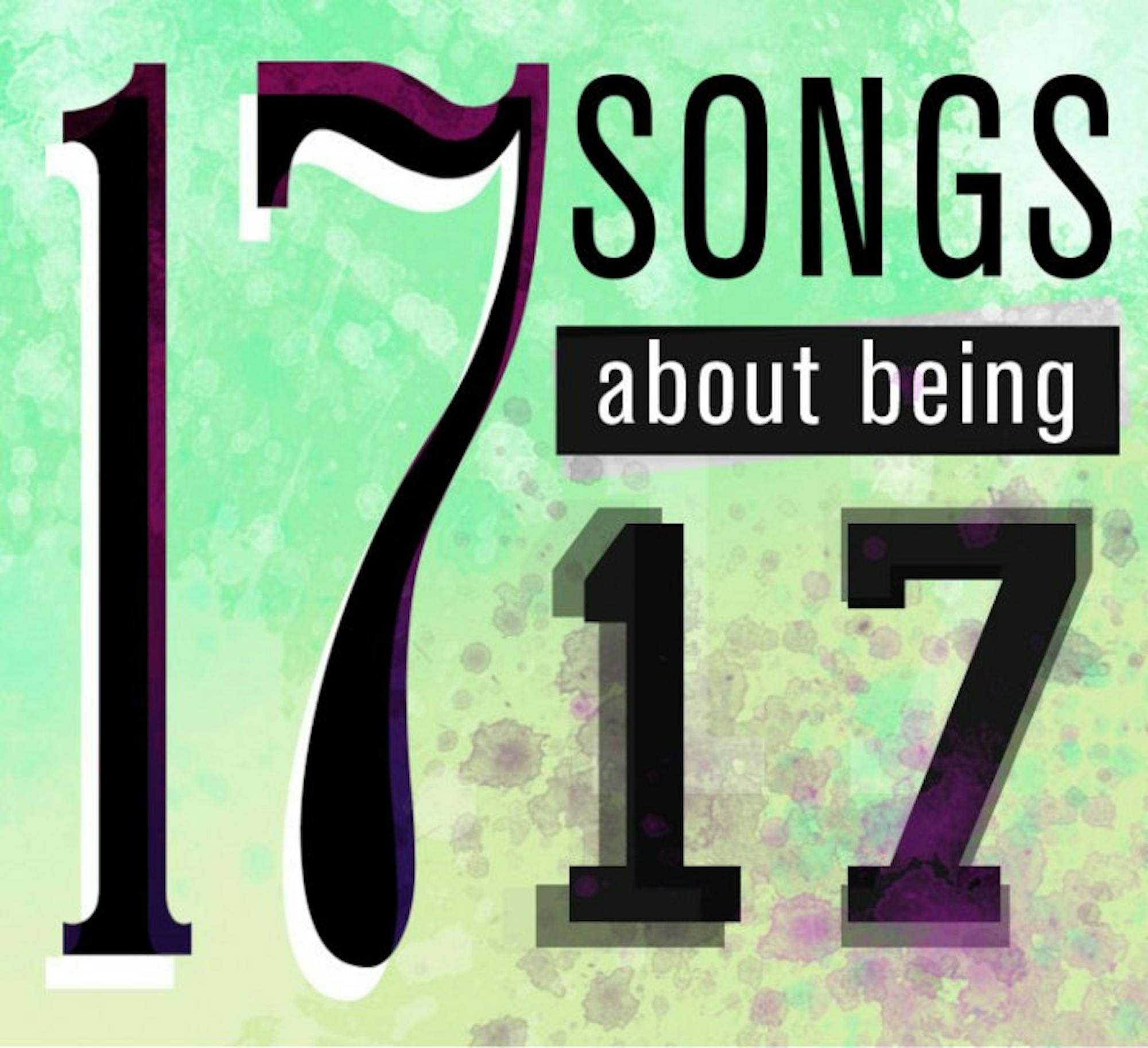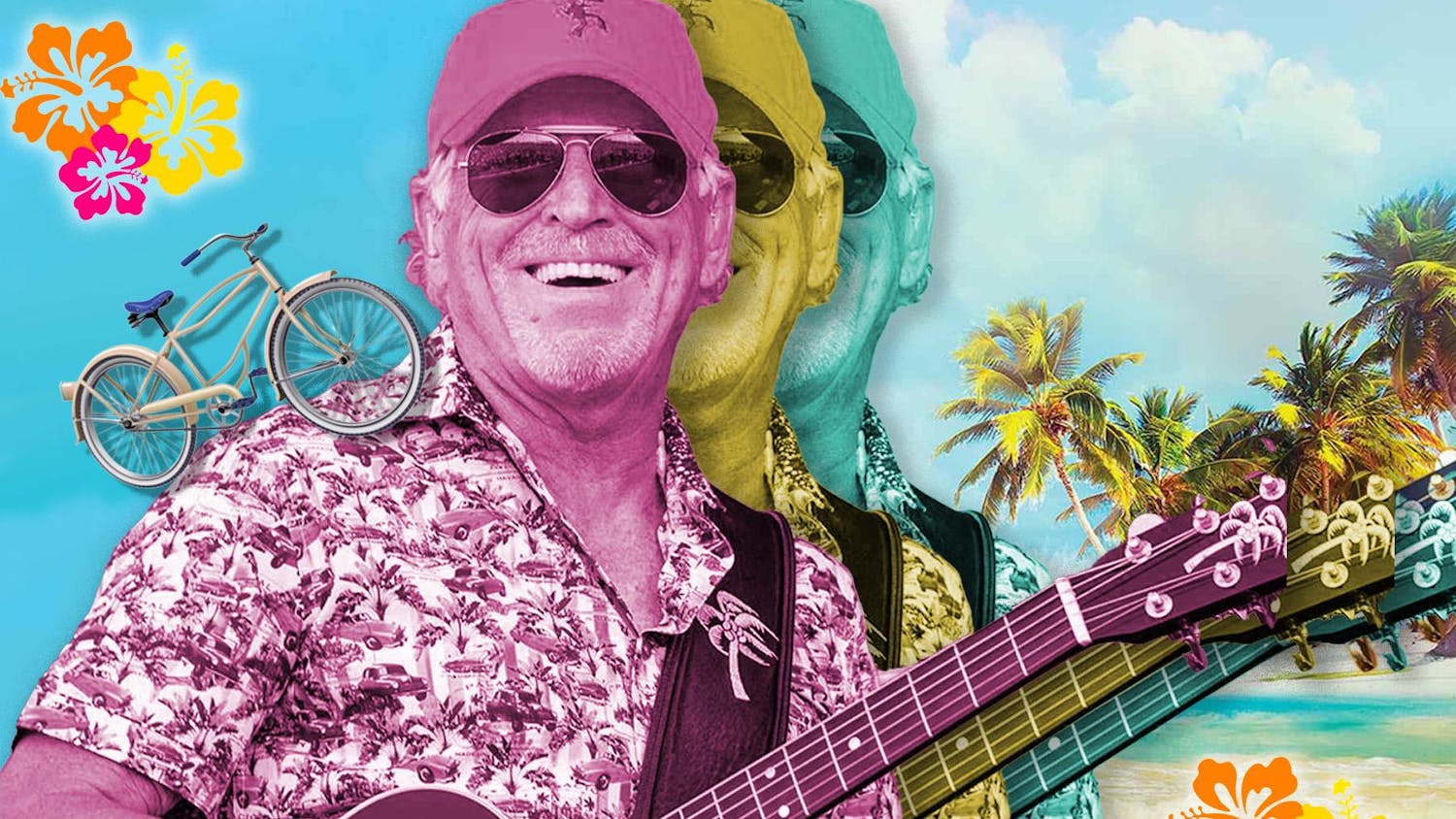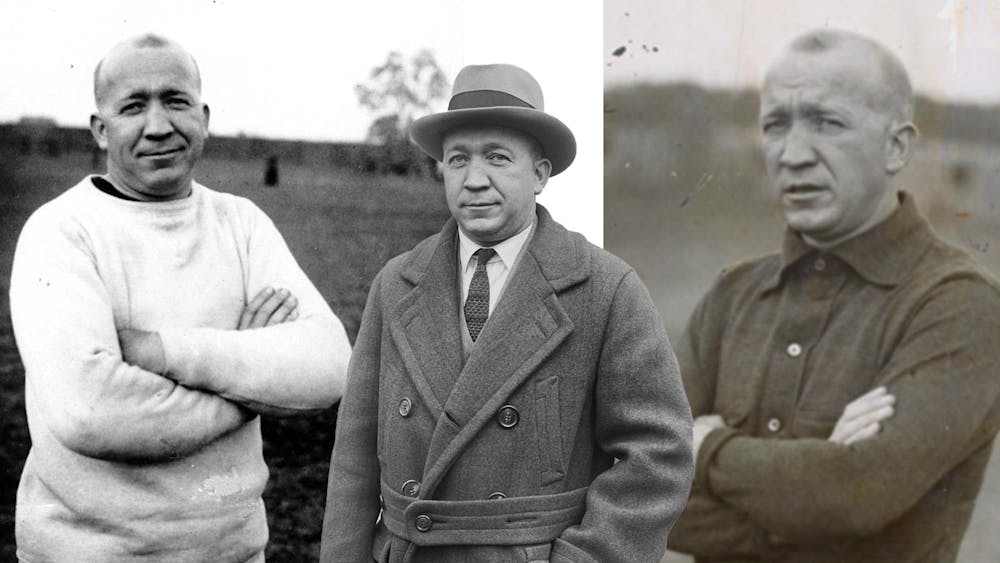
The use of Olivier’s words likely would not have struck me the way they did if I hadn’t reflected on my own age of 17 just days before. While in my car driving from my hometown back to South Bend, electronic group Ladytron’s song “Seventeen” came up on shuffle and began blaring through my car’s speakers.
I’d loved the song since my young teenage years, but I had a different reaction to it this time around. Its repetitive lyrics sought to remind me: “They only want you when you’re 17. When you’re 21, you’re no fun.”
Though the song is presumably about the fashion and entertainment culture’s fetishization of young girls (later lyrics allude to an audition), the song felt like a personal affront to my 21 years. After reminding myself that a Ladytron song released at the turn of the millennium was in no way accosting me, I couldn’t help but think of all the other songs I knew that referenced being 17. I went from wondering what was wrong with being 21 (nothing, in my experience) to questioning what was so special about the age 17.
It should be noted first that when considering songs about being age 17, there’s something special about the word “seventeen,” if not the age itself: it is three syllables compared to the other teens’ two, and its rhyming potential far surpasses its numerical neighbors. Still, there were so many instances of the specific age of 17 in music, and if Laurence Olivier insists that we’re all 17 inside, looking to songs referencing the age may tell us more about what that means.
As was clear in Ladytron’s song about being that certain age, 17 is, at least in part, about being wanted or, as it goes, wanting. Joan Jett’s “I Love Rock ‘n’ Roll” tells the tale of scoping out a boy, aged 17, while the Cars sing about a girl: “She won’t give up/’Cause she’s seventeen/She’s a frozen fire/My one desire” in their single “Let’s Go.” And if being 17 is about feeling those first sparks of attraction and pulls of desire, it’s, without a doubt, best exemplified by Meat Loaf’s “Paradise by the Dashboard Light.” I can’t even begin to choose a lyric to make an example.
But age 17 isn’t just about sexual awakenings — it's about exploration in all aspects. It’s about gaining independence, leaving home and growing up. Blitzen Trapper’s “Furr” starts off with a tale of wandering away from home and joining a pack of wolves at 17. Fionn Regan sings of following his dreams and confronting loneliness at the same age.
With exploration comes, unfortunately, disillusionment, and songs about anxiety and sadness abound. In 1975, Janice Ian lamented in “At Seventeen” about not being beautiful and the cruelty faced in teenage years. Decades later, Broken Social Scene wrote “Anthems for a Seventeen Year Old Girl” about losing a friend to the teen world of makeup and high school cattiness. Stephen Merritt, lead singer of the Magnetic Fields, references his teen angst in his song “I Don’t Want to Get Over You,” singing about dressing in black and smoking clove cigarettes. Meanwhile, tracks like “This Year” by the Mountain Goats and Rooney’s “That Girl Has Love” expose the unhappier side of being just shy of adulthood.
Though songs range from loneliness to love to plain old angst, my favorite lyrics about the very specific age of 17 look back on the age with neither regret nor sentimentality. Instead, they see the age as a time of discovery and potential. The first is a delightful love song, “You You You You You,” by the 6ths, in which the lead singer confesses, “You make me feel like I’m 17 again. You make everything beautiful and new.”
The second is Youth Lagoon’s “Seventeen,” as the singer/songwriter reflects on advice he was given: “When I was 17/My mother said to me/Don’t stop imagining/ The day that you do is the day that you die.” It’s advice I like to think lead singer Trevor Powers stuck with, as he wails out the song.
According to the myriad references to being 17, the age isn’t just one year in a life, but a symbol for growing up and all that comes with it. To be 17 is to be innocent but experienced, bold but afraid, naïve but jaded or beautiful but lonely. The age, in the American psyche, is much more than the number of candles on a cake or a three-syllable word that’s catchy to sing — it’s the ultimate time of transition and change. Age 17 is the lynchpin in a lifespan, holding together all of the opposites and contradictions exposed or created with age.
Or maybe it’s none of these things, and being 17 isn’t so special at all. One thing is for certain: an age has never sounded so good.









